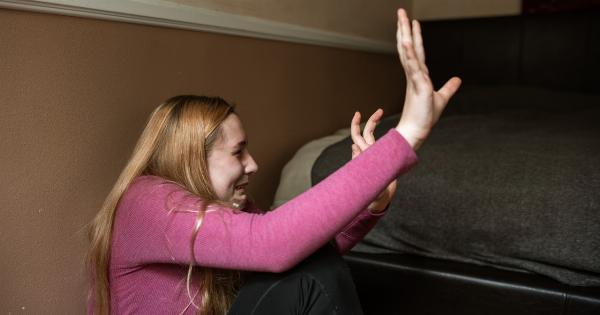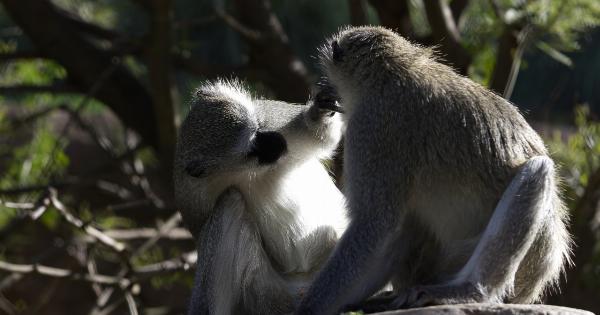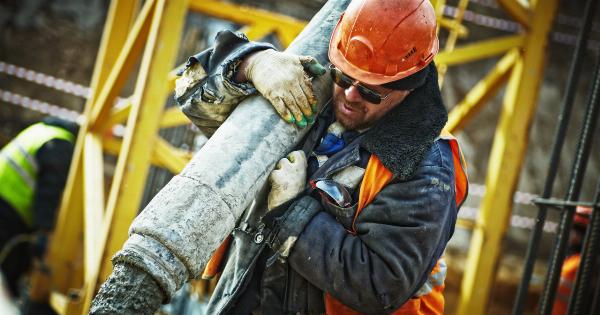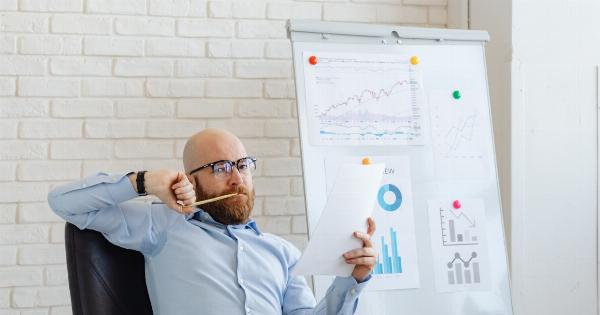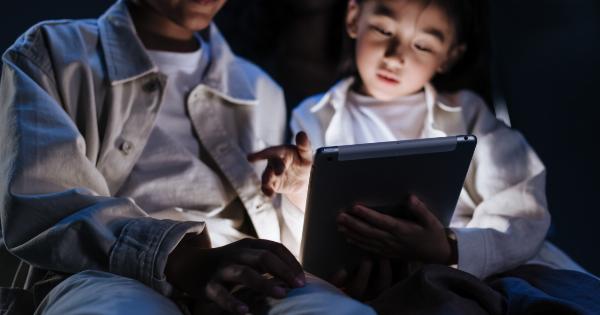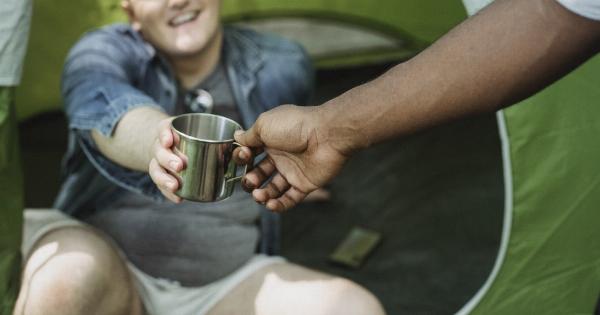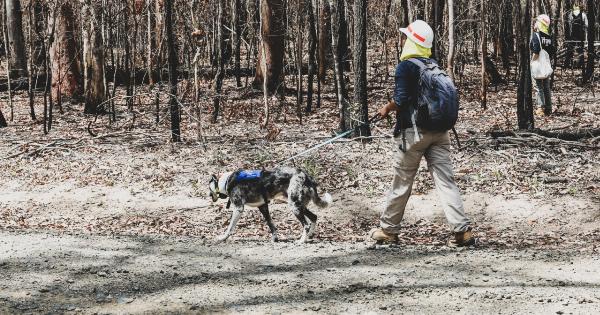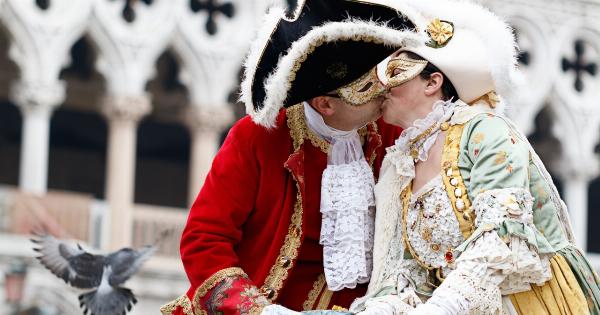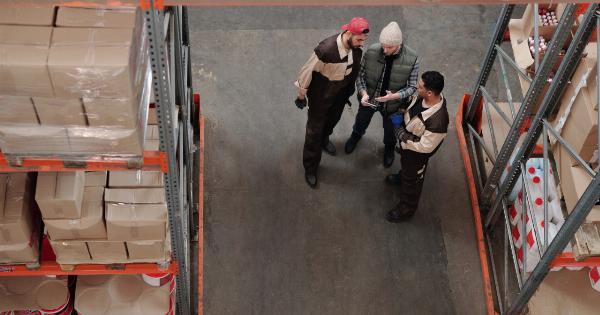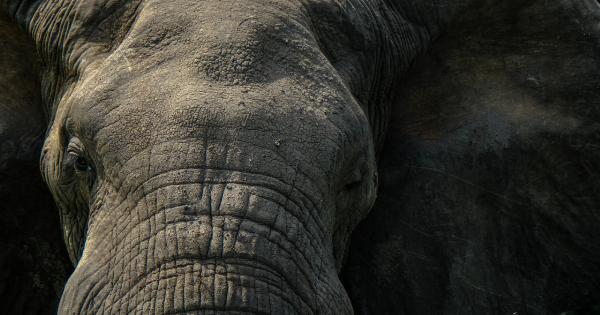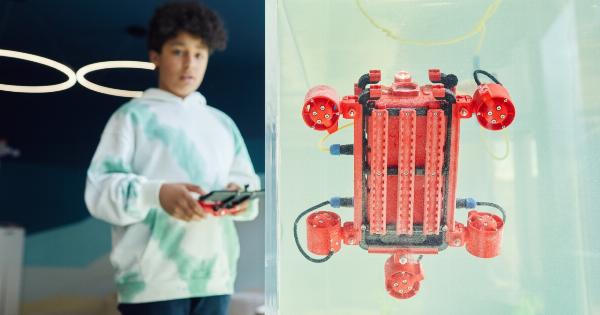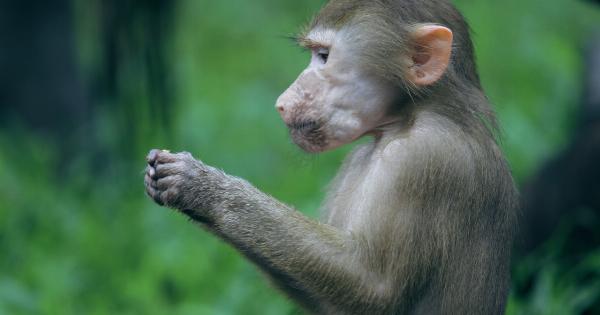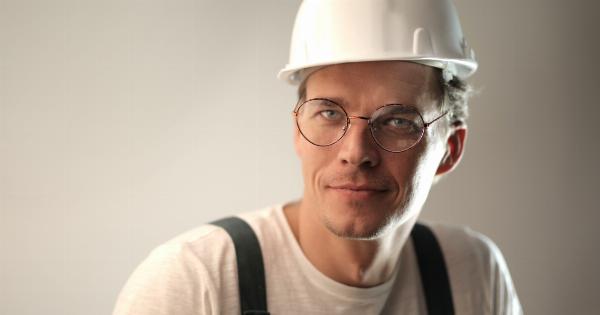A protector is an individual or a group of people who are responsible for safeguarding or defending something or someone.
The role of a protector varies depending on the context, but often involves ensuring the safety, well-being, and integrity of the individuals or entities they are tasked to protect. Protectors can be found in various domains, including personal protection, security, law enforcement, and even environmental conservation.
In this article, we will explore the different roles and responsibilities of a protector, highlighting their importance in society.
1. Ensuring Personal Safety
One of the primary roles of a protector is ensuring the personal safety of individuals. This can include bodyguards or security personnel responsible for protecting high-profile figures such as politicians, celebrities, or public figures.
Their job involves assessing potential threats, implementing security measures, and taking necessary actions to prevent harm. Protectors in personal safety also extend to individuals in vulnerable situations, such as victims of domestic violence or individuals receiving witness protection.
2. Maintaining Public Order
Protectors in law enforcement, such as police officers, play a crucial role in maintaining public order and safety. They enforce laws, protect communities, and respond to emergencies.
These individuals often put their lives at risk to ensure the well-being of others and to uphold justice. Their primary goal is to prevent and detect crime, apprehend offenders, and provide assistance and support to those in need.
3. Safeguarding National Security
The role of protectors extends beyond personal safety and public order. In the realm of national security, protectors, such as intelligence agencies and military personnel, are responsible for safeguarding the sovereignty and interests of a nation.
They collect, analyze, and act upon intelligence to preempt and counter potential threats, whether from external sources like terrorist organizations or internal sources like espionage activities. These protectors contribute to the overall stability and security of a country.
4. Protecting Human Rights
Another vital role of a protector is to defend and protect human rights. Human rights protectors may include activists, lawyers, or organizations dedicated to promoting and defending the rights and freedoms of individuals.
They work towards eliminating discrimination, advocating for justice, providing legal aid, and raising awareness about issues affecting marginalized communities. These protectors play a crucial role in ensuring the dignity and fair treatment of every individual, regardless of their background.
5. Preserving the Environment
Protectors can also be associated with environmental conservation and sustainability. They work towards protecting fragile ecosystems, endangered species, and natural resources.
These protectors can be scientists, environmentalists, or dedicated organizations that focus on initiatives such as wildlife conservation, habitat restoration, and pollution reduction. Their role is crucial for ensuring the long-term well-being of our planet and creating a sustainable future.
6. Assisting and Protecting Children
Children, being vulnerable members of society, require special protection and care. Child protectors include social workers, child advocates, and child welfare agencies. Their role involves ensuring the safety, rights, and proper care of children.
These protectors work towards preventing child abuse, providing support to at-risk families, and advocating for policies and programs that promote the well-being of children.
7. Cybersecurity and Data Protection
In the digital age, protectors play a crucial role in safeguarding individuals and organizations against cyber threats.
Cybersecurity professionals, ethical hackers, and data protection officers are tasked with securing digital systems, preventing unauthorized access, and defending against cyber-attacks. Their role is vital in maintaining the privacy and integrity of sensitive information, protecting individuals from identity theft, and mitigating potential damages that could arise from cybercrimes.
8. Protecting Intellectual Property
Protectors in the realm of intellectual property, such as copyright and patent officials, play a role in ensuring creators’ rights are respected. They help safeguard against intellectual property theft, piracy, and infringement.
These protectors contribute to fostering creativity and innovation by promoting fair use and enforcing legal frameworks that protect the rights of inventors, artists, and creators.
9. Advocating for Animal Rights
Animals are also in need of protection, and animal rights advocates play a critical role in defending their welfare.
These protectors could be animal shelter workers, activists, or organizations dedicated to preventing animal cruelty, promoting responsible pet ownership, and advocating for legislation that protects animals. Their role is essential in raising awareness about animal rights and working towards improving the treatment of animals in various settings.
10. Defending Democracy and Freedom
Protectors of democracy and freedom fight for the rights and liberties that underpin democratic societies.
They can include journalists, whistleblowers, activists, and organizations that advocate for freedom of speech, the right to assembly, and transparency in governance. These protectors play a crucial role in holding those in power accountable, challenging corruption, and ensuring that democratic values and fundamental rights are upheld.
Conclusion
The role of a protector encompasses a wide range of responsibilities across various domains.
From ensuring personal safety, maintaining public order, and safeguarding national security to advocating for human rights, protecting the environment, and defending democracy, protectors play a critical role in creating a safe and just society. Their commitment to safeguarding others and preserving the well-being of individuals, communities, and the world at large is essential for a harmonious and progressive society.



